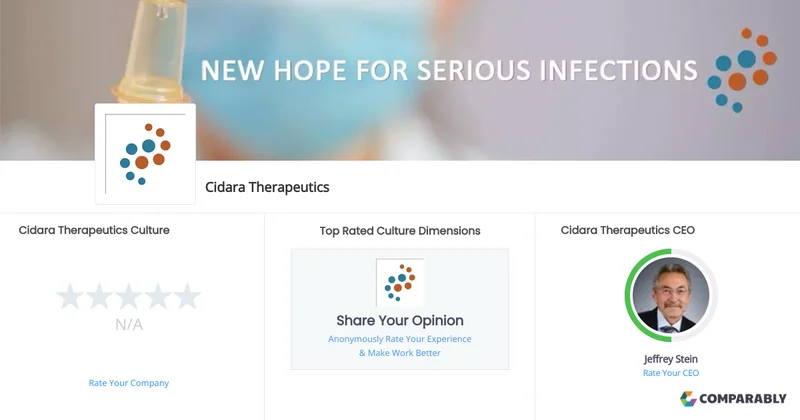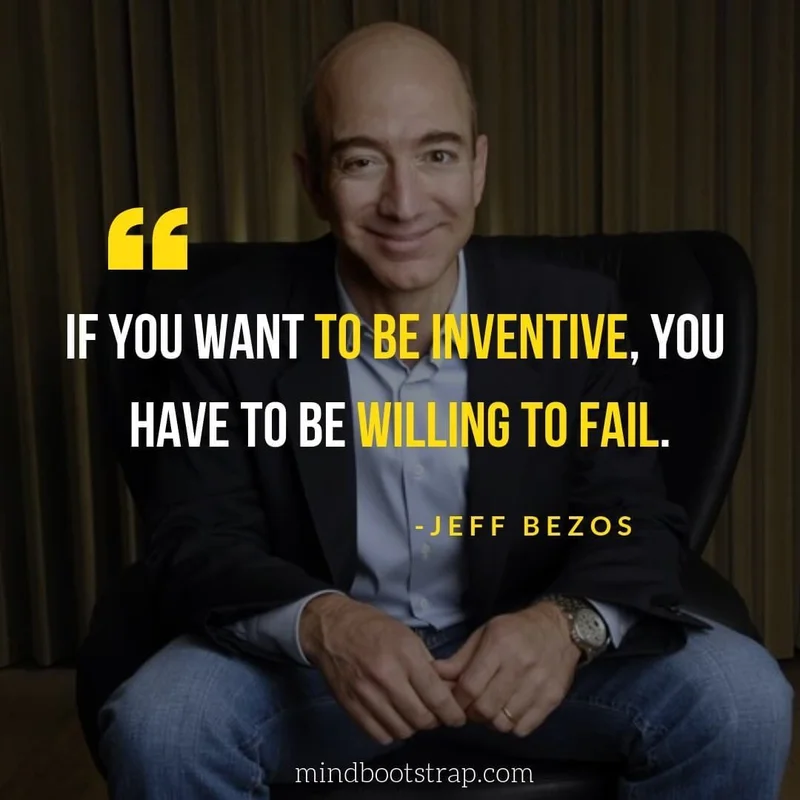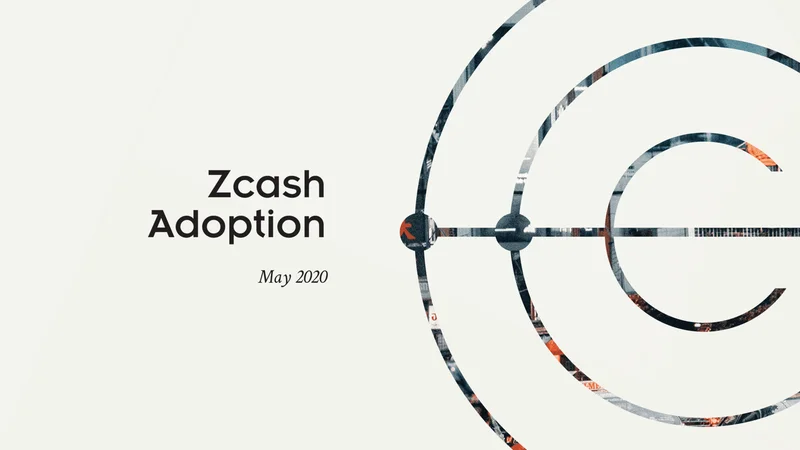Cidara Therapeutics: Stock, News, & The Usual Spin?
Merck's Bold Bet: Is This the Dawn of a New Era in Universal Prevention?
When I first read the news about Merck snapping up Cidara Therapeutics for a cool $9.2 billion - CNBC, my mind didn't just see the numbers, the premiums, or the stock tickers. No, what truly jumped out at me, what made me honestly just sit back in my chair and let out a low whistle, was the sheer audacity and vision behind the move. This isn't just another pharmaceutical acquisition; this, my friends, feels like a seismic shift, a clear signal from one of the giants that the future of medicine isn't just about treatment, it's about prevention on a scale we've only dreamed of.
Let's cut right to the chase: Merck is paying a jaw-dropping $221.50 per share for Cidara, a staggering 108.9% premium over its last closing price. That’s nearly $7 billion in equity value for a company whose market cap was just $3.3 billion days before the news broke. You don't drop that kind of cash, you don't make that kind of bet, unless you see something truly revolutionary. And what Merck sees, what we should all be seeing, is CD388. This isn't just some new drug; it's an experimental long-acting antiviral flu drug, currently in late-stage trials, and it's designed for single-dose, universal prevention against all flu strains. Imagine that for a second. A single shot, season-long protection, especially for those who need it most, regardless of their immune status. It’s not a vaccine in the traditional sense; it’s a drug-Fc conjugate, essentially supercharging an existing antiviral with a human antibody fragment to give it staying power. In simpler terms, it’s like giving your body an invisible, season-long flu shield, a silent guardian against the sniffles, aches, and worse.

Beyond the Balance Sheet: The Promise of CD388
Now, I know some analysts are out there, tapping their pencils, mumbling about "urgency at Merck" to fill their pipeline ahead of Keytruda's patent cliff, and even characterizing Cidara as "essentially a single asset story." And sure, those numbers tell one story about the immediate financial landscape, about Merck's strategic maneuvers to diversify its revenue streams with proven assets like Winrevair and Ohtuvayre. But to call Cidara "just a single asset story" for CD388 is like calling the first printing press "just a new way to copy books." It misses the forest for the trees! This isn't about a drug; it's about a paradigm shift. It’s about moving from a reactive medical model, where we wait for illness to strike and then scramble for a cure, to a truly proactive one, where we prevent it from taking hold in the first place. Think about the implications for public health, for productivity, for the sheer human comfort of knowing you don't have to dread flu season. A mid-stage trial already showed up to 76% protection from symptomatic influenza over 24 weeks! The FDA has even given it Breakthrough Designation, which isn't handed out lightly. The potential here for cidara therapeutics stock to have soared over 105% on the cidara therapeutics news - Benzinga, pushing its price up to $217.89, is just a reflection of this profound hope.
What does this mean for us, for you and me, for our families and communities? It means a future where the annual flu shot might become a relic, replaced by a single, powerful preventative measure. It means less time sick, less burden on our healthcare systems, and a genuine step forward in human flourishing. But it also raises fascinating questions, doesn't it? If we can prevent the flu this way, what other common, debilitating illnesses are next? And what are the ethical responsibilities that come with wielding such potent preventative tools? How do we ensure equitable access to such breakthroughs, especially when they promise to fundamentally alter our relationship with widespread diseases? This kind of innovation, driven by companies like cidara therapeutics inc and now Merck, demands we think not just about the science, but about the societal architecture we're building around it, because the speed of this progress is just staggering—it means the gap between today and tomorrow is closing faster than we can even comprehend, and we need to be ready. I've seen some chatter on online forums, like one comment that stuck with me: "Imagine a winter without the constant worry of the flu for your grandparents. This changes everything." That's the human impact, right there.
The New Frontier of Wellness
Merck CEO Robert Davis isn't just talking big when he expresses confidence in CD388 as a significant growth driver for the next decade. He's articulating a vision where Merck isn't just selling treatments, but selling health. They're not just acquiring a drug; they're acquiring a key to unlock a new era of preventative medicine. This isn't just about a patent cliff for Keytruda; it's about seeing the horizon and deciding to build the next mountain. The market’s initial reaction saw Merck’s shares slip a bit, which is typical for a major acquisition, but I believe that's just short-sighted noise. The true value here is in the long game, in the profound impact CD388 could have. This isn't merely a financial transaction; it's an investment in a healthier, more resilient human future.
-

The Juan Gabriel 'Alive' Hoax: Deconstructing the Latest 'Proof'
So,JuanGabrielisaliveagain.I...
-

Jeff Bezos: His Net Worth, His Love Life, and Why We're All Obsessed
So,JeffBezoshasdescendedfrom...
-

Zcash's Sudden Price Surge: Analyzing the Catalysts and Its Future Outlook
Zcash'sViolentRally:Deconstruct...
-

Warren Buffett's OXY Stock Play: The Latest Drama, Buffett's Angle, and Why You Shouldn't Believe the Hype
Solet'sgetthisstraight.Occide...
-

Registered Investment Advisor (RIA): Defining the Role, Services, and Fee Structures
TheQuietRuleChangeThatWillRe...
- Search
- Recently Published
-
- Cidara Therapeutics: Stock, News, & The Usual Spin?
- ANyONe Protocol: What the hell is it, and is it even real?
- BMO: The Bank, The Stadium, The Cartoon, and Why You Should Care
- BBAI Stock: The Investment Case vs. The Current Data
- CoreWeave's Stock Nosedive: What They're Not Telling You
- IRS Relief Payment: Status, Timing, and What the Data Shows
- Zcash's "Historic Surge": Hayes is Hyping It?
- BMO: What is it and Where Can I Find One?
- Avelo Airlines: FAA Cuts and the Lakeland Linder Opportunity
- SpaceX Launch Today: What Happened and Launch Time Details
- Tag list
-
- carbon trading (2)
- Blockchain (11)
- Decentralization (5)
- Smart Contracts (4)
- Cryptocurrency (26)
- DeFi (5)
- Bitcoin (29)
- Trump (5)
- Ethereum (8)
- Pudgy Penguins (5)
- NFT (5)
- Solana (5)
- cryptocurrency (6)
- XRP (3)
- Airdrop (3)
- MicroStrategy (3)
- Stablecoin (3)
- Digital Assets (3)
- PENGU (3)
- Plasma (5)
- Zcash (6)
- Aster (4)
- investment advisor (4)
- crypto exchange binance (3)
- SX Network (3)
